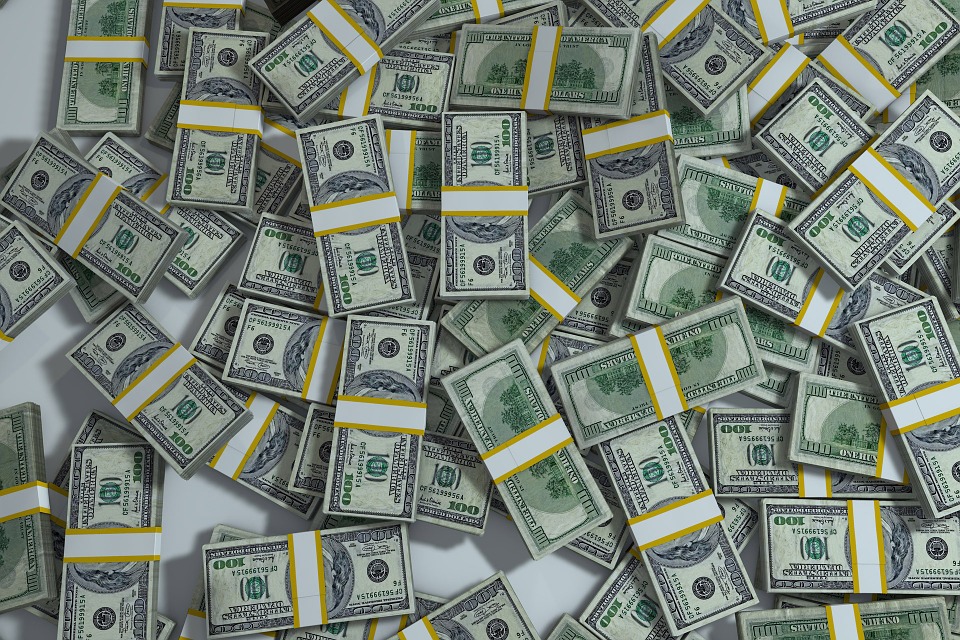Views expressed in opinion columns are the author’s own.
On Thursday, a screenshot taken from Jim Cramer’s popular investing show Mad Money made the rounds on Twitter with an accompanying tweet captioned “Everything that is wrong with America, in one image.” Behind Cramer, a screen displays the words “The Dow’s best week since 1938.” Below him, the CNBC chyron tells a very different story: More than 16 million Americans have lost their jobs in three weeks.
The picture only trended on Twitter for a day, with some in the replies defending the obvious irony of the contrasting headers, saying things like, “the stock market does not equal the economy” and “job losses are already priced into the market.” But in many ways, that CNBC screenshot represents the frustrations and anxieties of millions of Americans. It exposes an intensifying war on corporate America and even the rise of populist leaders like Donald Trump and Bernie Sanders.
To say there’s a disconnect between Main Street and Wall Street would be an understatement, and the coronavirus pandemic has only highlighted that divide. For example, the day Disney announced it would be furloughing 43,000 employees, the company’s stock was up 20 percent over the prior three weeks. This is just one of many examples of the economic disparities that exist between investors and workers. While stock prices soar, American workers are being left behind.
If we often ask the American people to support their country in difficult times, we should ask corporations to do the same. If corporations want taxpayers to bail them out in times of crisis, they owe them economic patriotism in return. U.S. companies can’t have it both ways.
That means the federal government must take bold action to ensure that rebounding from this economic catastrophe means prosperity for workers, not just for large corporations. Conditions of accepting bailout money from the federal government should include barring those companies from laying off their workers for three years and from buying back shares of its stock for five years.
Stock buybacks allow companies to buy their own stock, reducing the number of outstanding shares and causing the stock price to rise. While this increases value for shareholders, the opportunity cost of draining cash on stock buybacks is high. That money would be far more useful if invested in business expansion that could create new jobs and raise wages for workers. But this isn’t always the case — for example, the airline industry spent 96 percent of its cash on stock buybacks over the past 10 years. Such industries should not expect a free pass from the federal government.
During the 2008 financial crisis, when 10 million Americans lost their homes and 9 million lost their jobs due to corporate recklessness, the largest U.S. banks were granted over $200 billion in bailout lending programs. The 2008 bailout gave funds to banks with few strings attached, rewarding bank executives that made poor financial decisions and encouraging large financial institutions to continue to take risk in the future. A decade later, executive salaries were at a near-record high, and stock buybacks were at a record high.
We can’t repeat the mistakes of the past during this economic crisis. We need to hold corporations accountable and demand that all corporate welfare programs end up benefiting American workers, not just wealthy executives and shareholders. The future of our economy depends on it.
David Gordon is a sophomore government and politics and operations management and business analytics major. He can be reached at dgordon9@terpmail.umd.edu.



